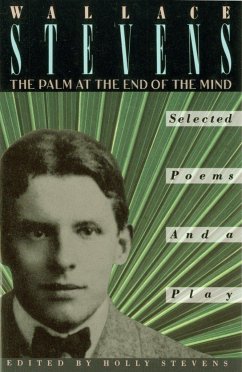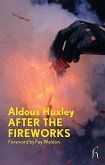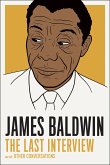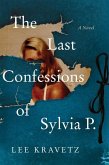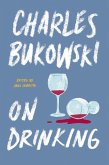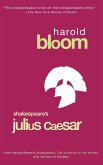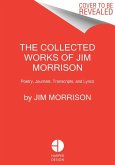This selection of works by Wallace Stevens--the man Harold Bloom has called the best and most representative American poet --was first published in 1967. Edited by the poet's daughter Holly Stevens, it contains all the major long poems and sequences, and every shorter poem of lasting value in Stevens' career, including some not printed in his earlier Collected Works. Included also is a short play by Stevens, "Bowl, Cat and Broomstick."
Hinweis: Dieser Artikel kann nur an eine deutsche Lieferadresse ausgeliefert werden.
Hinweis: Dieser Artikel kann nur an eine deutsche Lieferadresse ausgeliefert werden.
"The Palm at the End of the Mind, superbly edited by Holly Stevens, will be the definitive text for students and readers of Wallace Stevens for several decades. Unlike earlier selected volumes, it gives all the major long poems and sequences, and every shorter poem of lasting value. Its arrangement in probable order of composition clarifies the entire shape of Stevens development, particularly by its restoration of crucial late lyrics the poet simply forgot to include in the Collected Poems. Other major benefits given us by the volume include the convenience of having in one place the best of Collected Poems, Opus Posthumous, and the poems heretofore available only in The Necessary Angel. Add to this the powerful early poem 'For an Old Woman in a Wig', the play Bowl, Cat and Broomstick, the prose statement on the poetry of war, the restored lines of 'The Man Whose Pharynx Was Bad,' and a number of vital textual corrections throughout, and some sense of the enormous value of this book will be achieved. Here is the indispensable presentation of a central American poet, the best and most representative of our time."
-- Harold Bloom, Yale University
-- Harold Bloom, Yale University
"The Palm at the End of the Mind, superbly edited by Holly Stevens, will be the definitive text for students and readers of Wallace Stevens for several decades. Unlike earlier selected volumes, it gives all the major long poems and sequences, and every shorter poem of lasting value. Its arrangement in probable order of composition clarifies the entire shape of Stevens development, particularly by its restoration of crucial late lyrics the poet simply forgot to include in the Collected Poems. Other major benefits given us by the volume include the convenience of having in one place the best of Collected Poems, Opus Posthumous, and the poems heretofore available only in The Necessary Angel. Add to this the powerful early poem 'For an Old Woman in a Wig', the play Bowl, Cat and Broomstick, the prose statement on the poetry of war, the restored lines of 'The Man Whose Pharynx Was Bad,' and a number of vital textual corrections throughout, and some sense of the enormous value of this book will be achieved. Here is the indispensable presentation of a central American poet, the best and most representative of our time."
-- Harold Bloom, Yale University
-- Harold Bloom, Yale University

